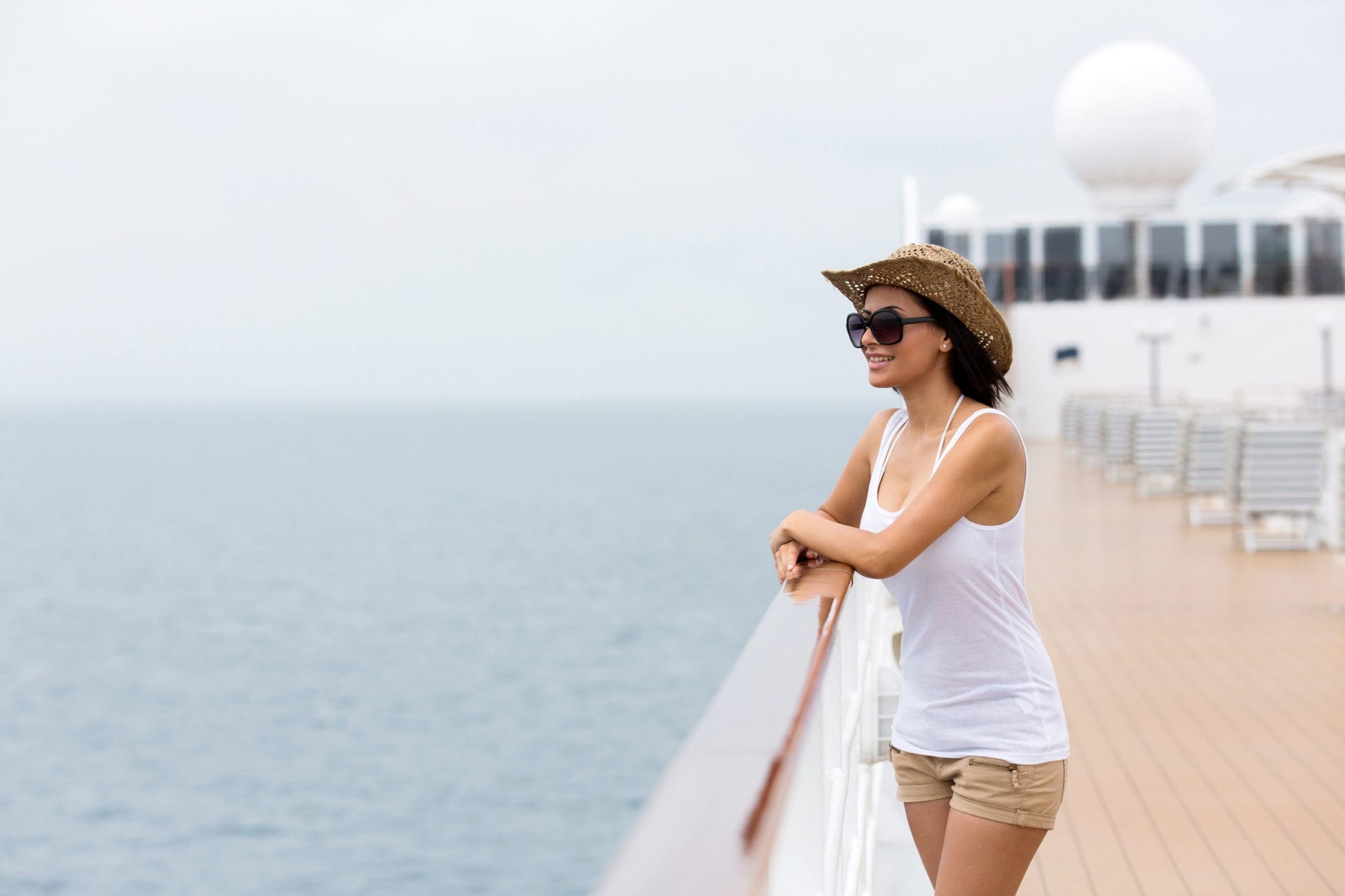You embark on a cruise with high hopes of an adventure and time to unwind and reconnect with loved ones. Not to mention, the investment likely wasn’t cheap.
Nothing puts a damper on the excitement and romance quite like a bout of stomach sickness. Unfortunately, food poisoning and stomach viruses are common culprits for just that on some cruises.
The United Kingdom, for instance, recently reported 24 cases of Salmonella linked to travel on cruise ships travelling to the Eastern Mediterranean and Middle East. Similarly, other cruise lines report E. Coli outbreaks and stomach viruses both sickening passengers.
So, how do you avoid one of these unlucky strikes?
Know your foodborne illness on cruise ships, and most importantly, how to avoid them.
Sources of Foodborne Illness on Cruise Ships
For the most part, sources of foodborne illness on cruise ships mirror the infections encountered in everyday life from places like busy restaurants, daycare centers, hospitals and nursing homes.
It’s just that the close proximity and buffet-style dining on cruise ships are sometimes a perfect recipe for foodborne illness from both bacterial and viral pathogens to spread much more quickly than we typically see at home.
Salmonella
Salmonella is a bacterium mainly spread through contaminated food, particularly food that’s uncooked or undercooked. Poisoning of this kind causes the following symptoms:
- Diarrhea, fever and abdominal cramps 12-72 hours after infection
- Illness lasting about 4-7 days that normally resolves on its own
- In some patients, severe diarrhea that requires hospitalization
E. Coli
- coli is a bacterium that normally inhabits the gut. However, a few nasty strains can cause illness. It’s typically found in raw vegetables or undercooked ground beef. An E. coli infection can be identified by these symptoms:
- Mild to severe and bloody diarrhea beginning 3-7 days after exposure
- Abdominal pain and cramping
- Nausea and vomiting in some infected people
- Illness lasts about 7 days and normally resolves on its own
- Sometimes serious complications such as kidney problems require immediate treatment
Norovirus and Rotavirus
Viral infections typically spread from person-to-person contact and contaminated surfaces, but can also be spread through contaminated food. They both cause similar symptoms, including:
- Diarrhea, vomiting, nausea and stomach pain within 48 hours of exposure
- Fever is more common to rotavirus
- Norovirus resolves in 3 days or so, but rotavirus sits with you about 9 days
- In some cases, severe dehydration requires medical attention

How To Avoid Food Poisoning on Cruise Ships
Fortunately, you can decrease your risk of contracting a foodborne illness on cruise ships quite a bit by simply practicing the precautions outlined below.
Practice Good Hand Hygiene
Wash hands frequently, particularly after using the bathroom and before eating. Wash hands or use hand sanitizer after using common areas, especially handrails and bathrooms.
Consider Full-Service Dining Over Self-Service
Unless staff members serve guests at buffet stations, consider full-service dining options. This decreases the chance of cross-contamination from fellow passengers.
Avoid Raw and Undercooked Foods
There’s an increased risk of foodborne illness from raw and undercooked foods, particularly involving animal proteins. Avoiding foods such as sushi, tartare and carpaccio can help decrease your risk of food poisoning. You can also ask for meat to be cooked medium, at least.
Be Cautious When Dining Ashore
Don’t forget to make smart food and drink decisions when dining at port. Some foreign ports may have poor water conditions or livestock handling practices. If you do eat in a questionable locale, choose fully cooked meats and bottled drinks without ice.
Avoid Excessive Drinking
Just as important as avoiding stomach upset from bacteria and viruses, excessive drinking can result in alcohol poisoning. Having a good time on a cruise is all part of the experience, but overindulging can lead to a trip to the infirmary, in addition to a hangover ruining the next day. Drink in moderation, and stay hydrated.
Check Your Medical Coverage Before You Board
In the event that you do contract a stomach virus or foodborne illness, you’ll want to make sure that you have medical coverage for any treatment costs you incur.
Check with your health insurance company to find out if you’re covered overseas. If not, consider purchasing additional international medical insurance before departing. This will cover treatment costs not only for foodborne illness but for any other medical emergencies.

Increased precautions on the part of cruise lines, together with precautions that you can take, will greatly reduce your chances of contracting foodborne illness. However, it’s better to err on the side of caution by being prepared.
About the Author:
Andrew Winston is a partner at the personal injury law firm of Winston Law. For over 20 years, he has successfully represented countless people in all kinds of personal injury cases, with a particular focus on child injury, legal malpractice, and premises liability. He has been recognized for excellence in the representation of injured clients by admission to the Million Dollar Advocates Forum, is AV Preeminent Rated by the Martindale-Hubbell Law Directory, enjoys a 10.0 rating by AVVO as a Top Personal Injury Attorney, has been selected as a Florida “SuperLawyer” from 2011-2017 – an honor reserved for the top 5% of lawyers in the state – and was voted to Florida Trend’s ”Legal Elite” and as one of the Top 100 Lawyers in Florida and one of the Top 100 Lawyers in the Miami area for 2015, 2016, and 2017.






